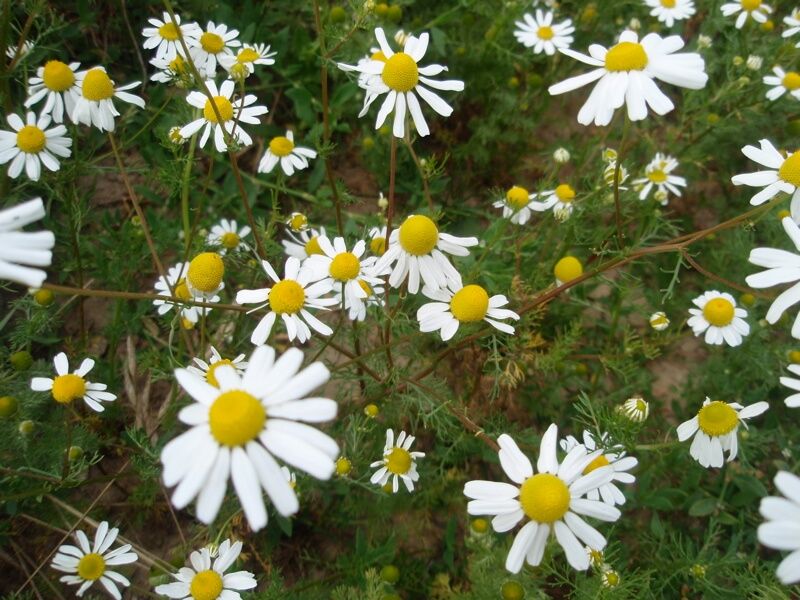In organic viticulture, natural solutions to protect the vine and boost its vitality are a priority.
Among the tools available to committed winegrowers, plant extracts play a key role. These plant-based preparations are used as natural biostimulants, capable of strengthening the vine’s immune defenses while respecting the vineyard’s biological balance.
Specific regulations for plant extracts in organic farming
The use of plant extracts in organic viticulture is strictly regulated. These substances must be registered as PNPP (Low-Risk Natural Preparations) or listed among basic substances according to Article 23 of Regulation (EC) 1107/2009.
In France, the decree of April 27, 2016 defines the conditions for using these extracts in organic crops, ensuring their safety for the environment, the plants, and consumers.
Methods for preparing plant extracts
The effectiveness of extracts depends on the quality of their preparation. Depending on the plant used and the active compound targeted, several methods are possible:
Infusion
Suitable for delicate extracts (yarrow, dandelion, meadowsweet, chamomile) as well as nettle and willow:
-
Immerse plant fragments in cold water.
-
Heat gently until just below boiling (never above 80 °C).
-
Let infuse for at least 20 minutes.
-
Filter.
Decoction
Ideal for woody or tough plants (horsetail, oak, buckthorn):
-
Soak for 24 hours in cold water.
-
Simmer gently for 30 minutes, covered.
-
Cool covered, then filter.
Manure-style ferment (Purin)
Fermentation method used for nettle, comfrey, or fern:
-
Ferment cold for about two weeks.
-
Stir daily.
-
Filter once bubbling stops.
Cold maceration
Simple and quick method with moderate effectiveness:
-
Soak fragments for 24 hours in cold water, then filter.
Juice extraction
Specific to valerian:
-
Macerate for two days.
-
Drain, press, and filter.

The Importance of Water Quality
In organic viticulture, the water used for preparations is a crucial factor:
-
Rainwater is preferred, as it is neither calcareous nor chlorinated.
-
If unavailable, tap water should be allowed to rest or be stirred to remove chlorine.
-
Adjusting the pH to between 6 and 6.5 using vinegar is recommended.
The Most Common Plants Used in Organic Viticulture
Here is a summary table of frequently used plants, their preparation methods, and main properties:
| Plant | Preparation | Properties |
|---|---|---|
| Horsetail | Decoction | Preventive for downy mildew |
| Nettle | Purin / Infusion | Stimulant, preventive for downy mildew |
| Willow (osier) | Infusion | Preventive for downy mildew & powdery mildew, anti-heat stress |
| Meadowsweet | Infusion | Preventive for downy mildew |
| Oak bark | Decoction | Preventive for downy mildew |
| Buckthorn | Decoction | Anti-sporulant for downy mildew |
| Valerian | Juice | Anti-stress, thermal regulation |
| Yarrow | Infusion | Stimulates flowering, preventive for powdery mildew |
| Dandelion | Infusion | Strengthens plant tissues |
| Chamomile (Matricaria) | Infusion | Supports ripening, aids in dry periods |
| Comfrey | Infusion / Purin | Insect repellent, anti-stress, downy mildew |
| Fern | Purin | Insect repellent, anti-slug and snail |
